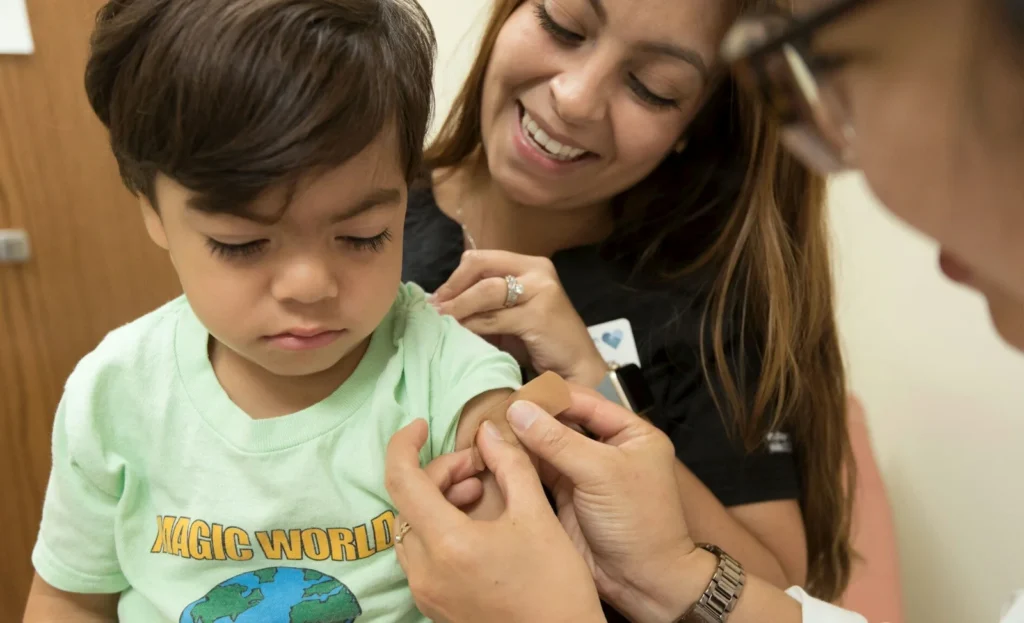Indonesia- WeCare.id, a standout finalist in the 2023 Social Entrepreneurship for the Nation (WiNNER) competition, continues to redefine how public-private partnerships (PPPs) can address pressing social challenges in Indonesia. As a social enterprise committed to providing accessible and affordable healthcare services, WeCare.id’s innovative crowdfunding platform has enabled groundbreaking collaborations with government entities to address chronic issues such as childhood stunting and poverty. The platform works by partnering with healthcare providers to identify patients in need, creating verified fundraising campaigns, and connecting donors with causes through an easy-to-use interface. Funds are transparently allocated to cover medical expenses, ensuring trust and impactful results for both patients and contributors. The recent signing of a Memorandum of Understanding (MOU) with the district government of Manggarai Barat, East Nusa Tenggara province, marks another milestone in its journey of impactful partnerships.
The MOU with Manggarai Barat expands on WeCare.id’s successful collaboration with the district government of Sintang, West Kalimantan, established in October 2023. That initial partnership, facilitated by the USAID ERAT (Effective, Efficient, and Strong Governance) program, focused on tackling childhood stunting and demonstrated how social enterprises like WeCare.id can complement government efforts. Inspired by this success, USAID ERAT recommended WeCare.id to the government of Manggarai Barat to help address the district’s high stunting rate of 39% and a poverty rate of 17%. These figures underscore the urgent need for innovative solutions to supplement the limited public budget.
Under the terms of the MOU, the District Health Office in Manggarai Barat will identify and verify specific stunting reduction interventions that WeCare.id will finance. This partnership also includes the District Employment Office, which plans to use WeCare.id’s resources to expand the Employment Insurance premium subsidy. This critical subsidy offers financial protection to informal workers against workplace accidents and fatalities, many of whom belong to vulnerable groups such as people with disabilities, women-led households, and those in high-risk sectors.
WeCare.id’s role exemplifies the transformative potential of PPPs in addressing not only infrastructure needs but also social development challenges. The provincial government of East Nusa Tenggara, with USAID ERAT’s support, identified 3,000 informal workers in Manggarai Barat who require insurance coverage. Despite the district government tripling its budget for premium subsidies to $12,841 for the 2023-2024 fiscal year, it could only cover one-third of the identified population. WeCare.id’s financial support is set to bridge this gap, ensuring coverage for an additional 2,000 workers. This collaborative effort illustrates the critical role PPPs can play in mobilizing resources, sharing risks, and delivering outcomes that neither sector could achieve alone.
The partnership between WeCare.id and the government demonstrates a mutually beneficial relationship. While the government brings its institutional knowledge and the ability to scale programs, WeCare.id contributes innovation, agility, and alternative financing mechanisms through its crowdfunding platform. Together, they address root causes of stunting, including inadequate nutrition and healthcare access, while building trust between public institutions and private enterprises. This trust is vital for replicating and scaling such initiatives to other districts and regions, potentially addressing broader issues such as education, housing, and social security.
Through its WiNNER-backed initiatives, WeCare.id underscores how PPPs at the district level can go beyond infrastructure to deliver social impact. By leveraging its relationship with government agencies and focusing on localized solutions, WeCare.id has created a replicable model for addressing complex social challenges. The collaboration highlights how innovation, coupled with strategic public-private relationships, can drive meaningful and sustainable change in communities across Indonesia.





